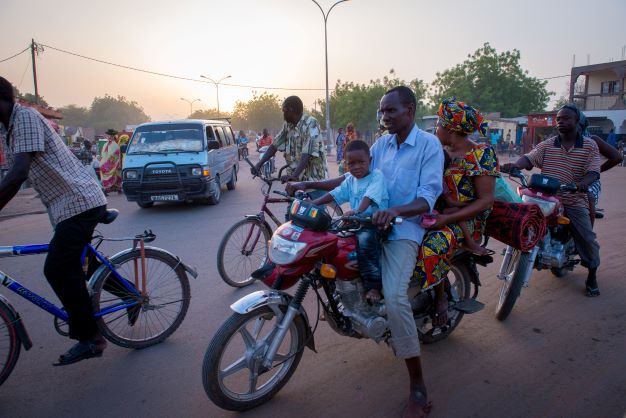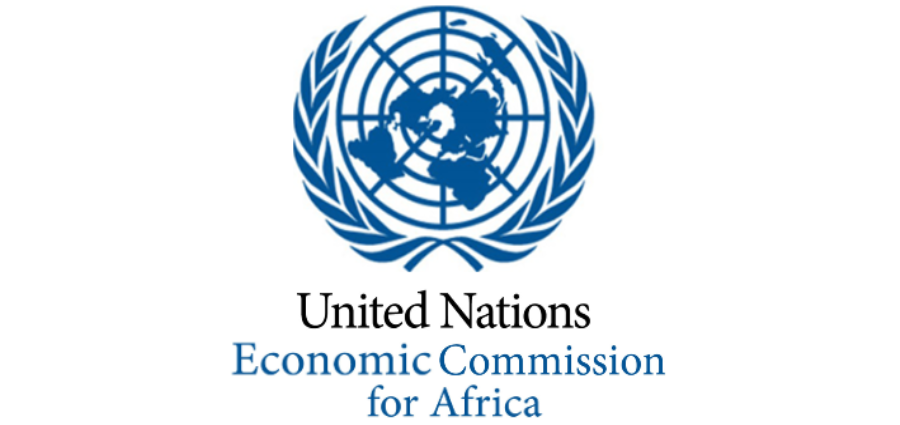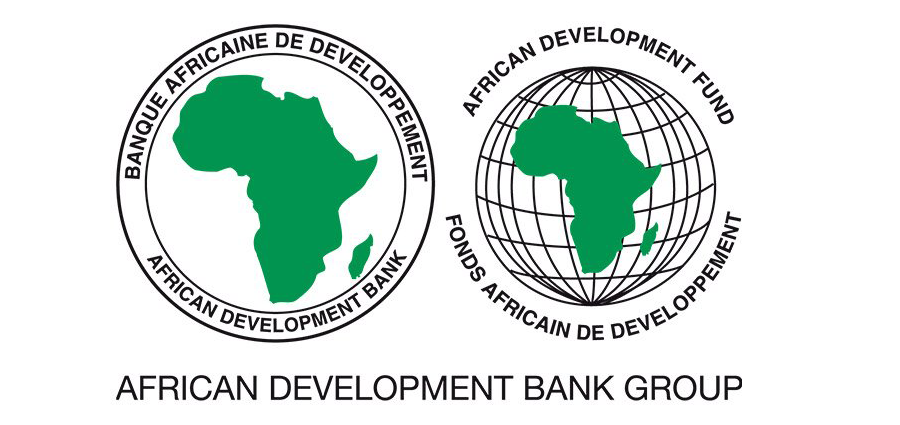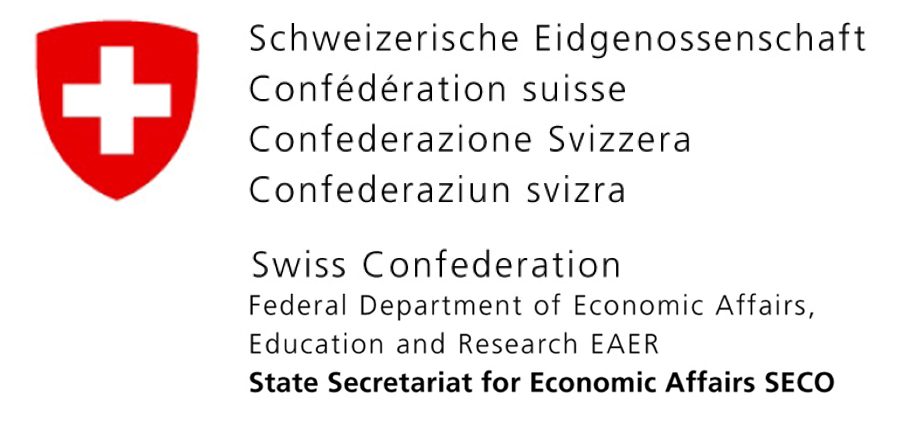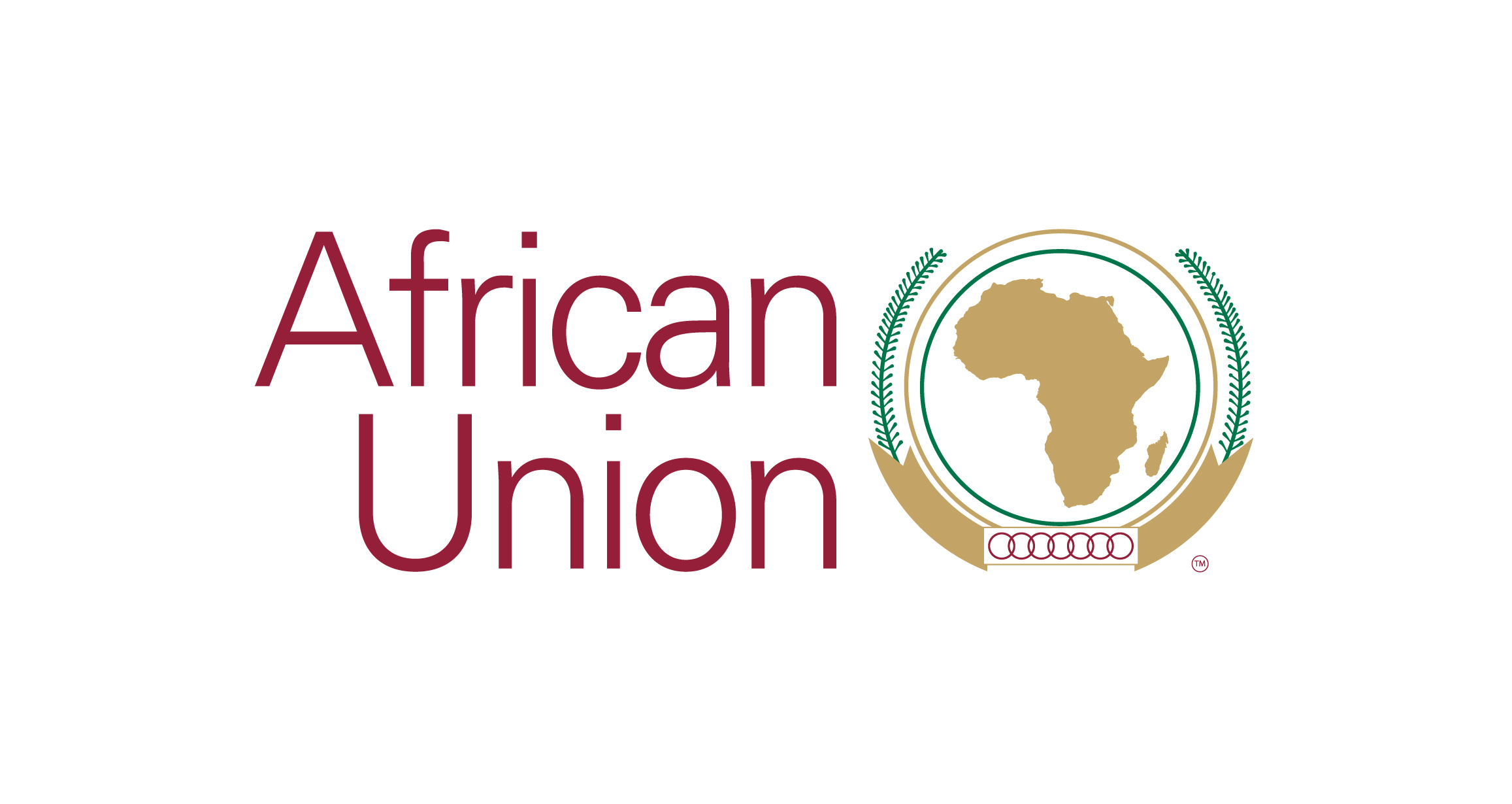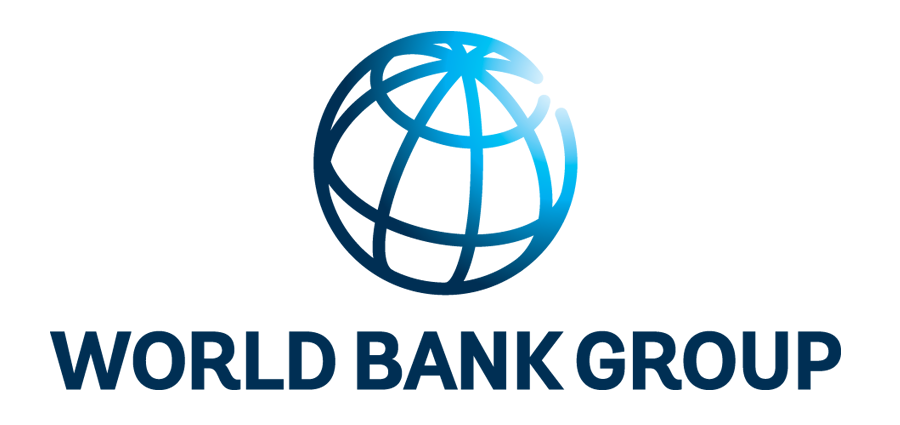The Urgent Need for Concerted Road Safety Action in Africa
All road users in Africa face the dangers posed by unlit roads, low-quality imported and overcrowded vehicles, and reckless drivers who speed down poorly designed roads on a daily basis. Every year, road crashes claim over 300,000 lives across the continent. The exact number is unknown, however, due to the poor quality of Africa’s Road fatality data recording and management system. The WHO (2018) estimates that road traffic fatalities are the leading cause of death for persons aged 5 through 35 on the continent, and nearly half of road traffic deaths are among vulnerable road users. Africa’s future is on the line due to a wholly preventable epidemic.
Plagued by the highest rate of traffic fatalities in the world, road safety improvement is one of Africa’s most important development priorities. Fast-growing urbanization and motorization rates coupled with the increased incidence of road traffic crashes (RTC) and related injuries underline the critical need to improve road safety in Africa. Never have sustainable transport, mobility, and development been so intertwined and co-dependent, as reflected in the African Agenda 2063 and the SDGs 3.6 and 11.2, respectively.
The African Road Safety Charter: A continental initiative to address the road safety crisis
To reverse the worrying trend, on January 30, 2016, the African Union's Assembly of Heads of State and Government adopted the African Road Safety Charter, which was meant to serve as an advocacy tool and policy instrument for improving road safety on the continent and facilitating the creation of an enabling environment to drastically reduce the number of road traffic crashes. The Charter is much more than a policy document, however; it is a rallying invitation for African countries to take concrete actions, assess results, and further heighten awareness about the need to reduce road traffic crashes on the continent. It serves as a unifying framework for African countries to accelerate the implementation of national, regional, and continental road safety programs and promote the collection, treatment, and dissemination of harmonized road safety data.
As of today, 11 African states have signed and deposited the protocol with the African Union Commission (AUC) Chairperson's office: Benin, Cameroon, Eswatini, Ethiopia, Mali, Morocco, Namibia, Nigeria, Niger, Togo, and Uganda. Nevertheless, the Charter has yet to receive the 15 ratifications required to enter into force (art. 25). This is delaying the realization of its specific goals and objectives.
Joining forces to accelerate the ratification of African Road Safety Charter
On November 17, 2022, in an effort to identify ways to accelerate the ratification of the Road Safety Charter, the AUC Department of Infrastructure and Energy in collaboration with SSATP and UNECA organized a virtual, three-hour workshop.
The purpose of the event was threefold: (i) to adopt a roadmap for ensuring the remaining parties ratify the Charter; (ii) to reaffirm partnerships and commitments for collaborating on the 2nd Decade of Action to promote a culture based on the safe systems approach; and (iii) to prepare for a possible side event taking place during the Heads of State Summit in February 2023 focused on speeding up the ratification process, discussing member states' expectations, and providing an update on preparations for the Africa-Continental Workshop on Road Safety to develop and implement national road safety frameworks for the second Decade of Action for Road Safety 2021-2030.
More than 75 participants – including government officials, heads of lead agencies, national data coordinators (NDCs), policymakers, members of civil society, development partners, the private sector and other stakeholders from across the region – attended the workshop, which provided a useful platform for agreeing on a way forward. Accordingly, the AUC, SSATP, UNECA, and partners reaffirmed their commitment to facilitating the ratification of the African Road Safety Charter across AU member countries and agreed on the following:
- Devising and implementing material actions to ensure that remaining countries sign and deposit the Charter before the next Specialized Technical Committee (STC) to be held in June 2023; concrete and quantifiable progress is required to bring the ratification process to fruition.
- Sensitizing government bodies on the need to sign, ratify, and deposit the Charter as a prerequisite for it entering into full force.
- Identifying problems that could be hindering some AU member countries from speeding up the signing and ratification of the Charter, starting with a review of its status.
- Providing the AUC with an additional advocacy tool to speed up the process of getting AU member states to ratify the Charter and UN Conventions on Road Safety.
- Raising awareness of the Charter at the highest political levels, with ministries of transport and the public is critical to achieving the ratification target and driving ambitious and urgent road safety action.
- Securing the full buy-in (signature and ratification) of all member states to ensure that the Charter can be effectively and efficiently implemented on the continent, the Charter provides justification for the establishment of the African Road Safety Observatory (ARSO) as an independent legal entity.
At the end of the workshop, participants recommended that SSATP continue to play a significant role in the continent-wide initiative to make roads safer. Fostering peer-to-peer knowledge exchanges and sharing good practices and experiences with stakeholders across Africa serve as sources of inspiration on how road safety can be improved.
